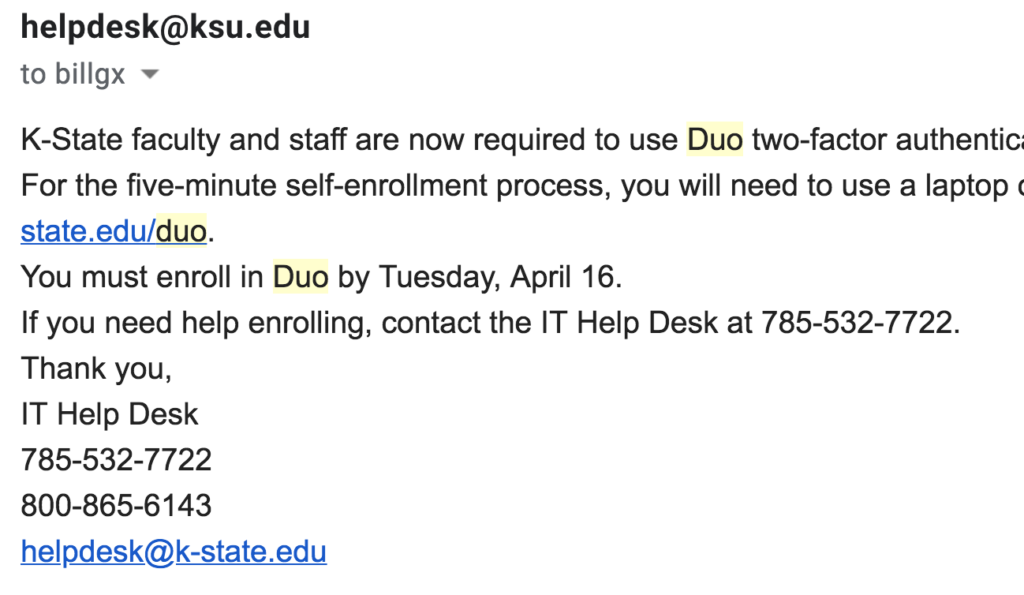Imposter syndrome or the imposter phenomenon is a situation in which an individual feels that their current level of achievement and status is a mistake or accident that is unrelated to their actual knowledge, skills, and abilities. It is fairly common among Ph.D. students because that level of education requires blazing a trail into new territory that has not been fully explored before. However, I also think that some college undergraduate students, particularly non-traditional aged students, also have similar feelings of being found out that they are an unworthy imposter who does not belong in college.
I started college ten years after I graduated high school. I can remember sitting in certain classrooms, my math class was one of them, when I was looking around at my classmates and thinking to myself that they seemed so comfortable with the environment and the topic of study that I must not really belong there. Certainly, age played a factor in that kind of thinking since college seemed to be arranged more for the benefit of an 18-year-old than a 28-year-old student. But there was also the fact that my classmates had likely been studying math the previous year and were far better prepared for it than I was.
Or so it seemed.
I don’t really know how well prepared my classmates were. I didn’t have access to the grade book to see how others were faring. All I really know was that outwardly, no one besides me seemed to be struggling. What I didn’t realize then that I know now is the fact that we all wear masks, we all put our very best foot forward and we mostly strive to outwardly appear to be doing fine, to have everything under control, and to by all means show no weakness.
In our online social media environments, this is especially the case. People online rarely share the struggles they are going through and mostly keep things light, upbeat and positive. This tendency can make us feel as though everyone else has a perfect life compared to what we are experiencing. Because of the mediated format and the social distance between individuals, violators of the unwritten rule of not sharing personal problems or concerns are often met with shame or ridicule.
In most cases, I think it is the fear of being found out, shamed and ridiculed that sufferers of the imposter syndrome stay quiet. To students of all levels who feel like they might not belong, that they might not be up to the task I would like to offer some thoughts.
I have been there. I have struggled in isolation and felt like no one else could quite understand what I was going through. But I was wrong because at some point most people have similar feelings. In fact, I think that students who have the “education game” all figured out–that is to say that they know all of the ropes, all of the tricks and shortcuts, including the shortcut of not thinking deeply but simply giving the teacher or professor what they want–these students are the real phonies. Such students are not challenging themselves and their own thinking. They are not trying to grow and to change. They see school as a game in which if they figure out all of the rules and shortcuts to success they never really have to expend a lot of energy discovering themselves and growing from the experience.
All of this comes from comparing ourselves to others around us. It is better to run our own race and to be our own best competitor. Compare yourself now to where you were when you started. If you see changes and improvements, you are on the right track. If you are basically the same person you were, perhaps it is time to re-examine why you are in school in the first place.
I want to encourage students everywhere to be open to constructive suggestions for improvement. Find mentors who are older or more experienced than you. Don’t be afraid to talk to your professors after class. That is why we are here–to help you. I sometimes even see students having conversations with custodians and maintenance workers around campus. I think this is a good thing because those folks are part of your educational experience as well. They have a perspective on things that no one else at the school can possibly have.
In any case, don’t keep these concerns you have bottled up. Find someone who cares, and share your concerns. Even if there are no easy answers, and sometimes it is the case there isn’t an easy answer, you will be better off in sharing what is on your mind with someone once in a while. In fact, you might even be doing that other person a favor too, because it is good for their soul to do kindness for others like simply listening to a person who is struggling.
Finally, I would say this, if you are there in that class, in that school, you do belong. There used to be popular sayings like he’s not college material. What does that even mean? This person or that person doesn’t have a right to further their education? To expand their knowledge? To get ahead in life? Don’t be silly. Everyone is running their own race. Find someone who recognizes this fact and will do their best to help you. The people who fail at college usually are those who give up. Yes, life can present some difficult circumstances, but honestly I have seen students give up over things that are far less cumbersome than what some other students plow right through right up to graduation day. Persistence is your biggest ally. Don’t try to do it alone and don’t give up. If you do these things, I think you can make it.

